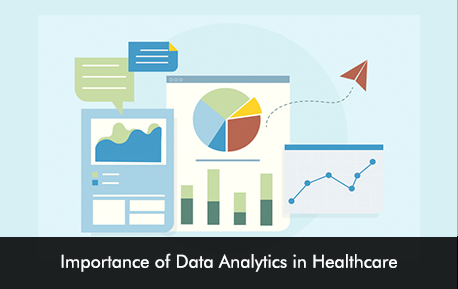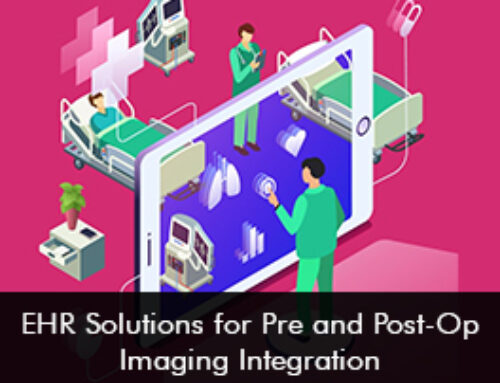The power of data analytics cannot be underestimated in the healthcare sector as it has revolutionized the way hospitals operate by enhancing the patient care process, reducing treatment costs, and predicting disease outbreaks. Due to all these benefits healthcare professionals want to optimize data analytics to provide them with complete value. Therefore practitioners need to make sure to transform raw data into meaningful analytics to support their decision-making process and offer the best treatment options to their patients.
Why is data analytics important in the healthcare sector?
An article published in Becker’s Hospital Review in the year 2018 revealed that healthcare organizations that make use of data analytics in their decision making have five to six percent higher productivity and output in contrast to other organizations.
To make maximum use of data analytics you need to reflect over the following critical questions,
- Does your organization have all the right tools to capture data that will support your decision-making? To build a strong analytics program your organization should use the right tools which will help to capture meaningful data. These tools may include, a claim-based analytics system or an electronic medical record-based analytic module.
- Does your healthcare organization have individuals who can use the captured data in meaningful ways to bring about true value through insights? Access must be provided to different people in the organization to the type of data. For instance, there should be members who keep track of how the new appointment reminder system is helping to curb the issue of patient no-shows and staff members who evaluate trends in readmission rates in certain populations.
- Is data a major goal and philosophy of your healthcare organization? Using data as a vital part of your hospital culture will instill this value in all of your healthcare team members. Once everyone is driven to use insights from data analytics and track performance goals patient outcomes will also improve.
Examples of data analytics in healthcare
Data analytics provides an opportunity for professionals to gather medical data easily and also convert it into valuable insights to provide enhanced care services to their patients. Below are some examples of how the power of data analytics is leveraged to accelerate and improve patient treatment.
- EMR Software systems – Electronic Medical Records (EMR) software solutions are the most prevalent implication of big data in the US healthcare sector. 94% of hospitals in the United States are using EHR software systems to optimize their workflows. Through completely automating clinical, financial, and administrative tasks patient outcomes can enhance and also help save costs by reducing lab tests and clinic visits.
- Wearable health devices – Many patients are utilizing wearable health devices to track and monitor their health and wellness routines daily. This keeps patients empowered and they as a result feel on top of their healthcare journey. Through these wearable health devices, health trends can be tracked and the patient can upload their health developments in the cloud for their doctor to discern them. The robust devices help to reduce hospital admission rates and also enhances patient engagement.
- Predictive analytics – Predictive analytics tools can be used to streamline and improve the overall patient care delivery and process by identifying early signs of patient worsening conditions in the ICU. Predictive analytics aims to prepare clinicians beforehand for adverse outcomes so they can be prevented on time. Predictive analytics uses Artificial Intelligence to support the physician’s decision-making process.
Bottom Line
Data analytics helps to turn data into powerful and meaningful insights to facilitate the patient treatment and care process. Hospitals and clinics that are using data analytics have seen improvements in patient outcome levels and offer possibilities to enhance on-going patient care. With data and professionals in sync – The world can change for the better.







